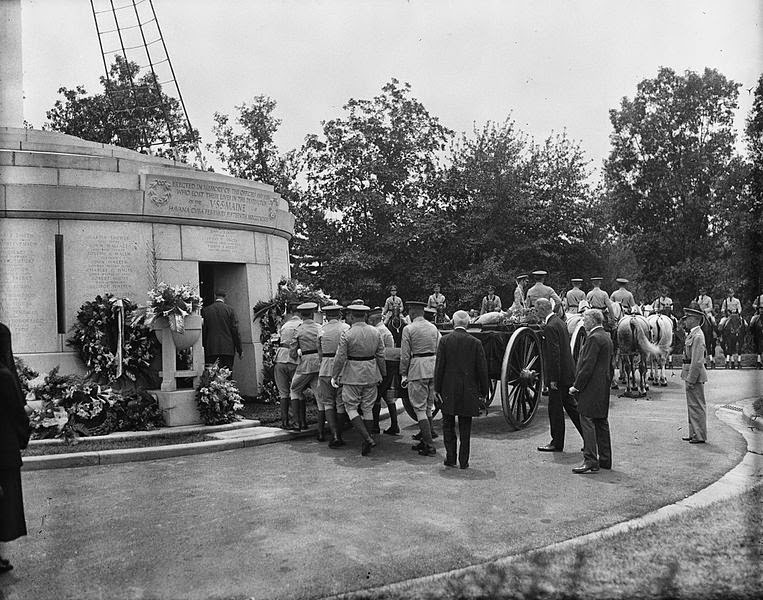 |
| Jan Paderewski at the Piano |
Ignacy Jan Paderewski (1860–1941) was a world-renowned pianist who used his fame to campaign in the service of Polish nationalism. By 1917 he was established in Washington as the representative of the Paris-based Polish National Committee. He played an important role in securing President Wilson's support for the cause. Wilson made Polish independence the 13th of the Fourteen Points.
 |
| Piłsudski and Paderewski |
After the war the provisional head of state, Józef Piłsudski, asked Paderewski to form in Warsaw a government of experts free from party tendencies. This was formed on 17 January 1919. Paderewski reserved the portfolio of foreign affairs for himself, but his premiership was not a success. As a virtuoso, Paderewski was accustomed to flattery, and he resented sharp criticism. On 27 November 1919 he resigned the premiership and returned to Riond Bosson; his ambitions to become the president of the revived Poland had been shattered. He never revisited the country. In 1921 he resumed his musical career, giving concerts in Europe and the United States, mainly for war victims.
At the beginning of World War II, in October 1939, a Polish government-in-exile, formed in Paris with General Władysław Sikorski as prime minister, offered Paderewski the chairmanship of the Polish National Council. After the French capitulation in 1940, he went to the United States. He died soon after and was interred in Arlington National Cemetery. His body was temporarily placed in the Maine Mast Memorial on 5 July 1941, with the stipulation of the Polish National Council that they would be returned only to a free Poland. President John F. Kennedy dedicated a plaque on the interior of the memorial in May 1963, honoring Paderewski's memory. Paderewski's remains were taken back to Poland in July 1992, 51 years after his death and two years after the collapse of the Polish communist dictatorship.
 |
| Interment at Arlington, 1941 |

Lots of Paderewski piano recordings at YouTube. One of my favorites is the well known Chopin Waltz in A flat Op. 34 No 1. This one recorded in 1911: https://www.youtube.com/watch?v=19PZnKhVKDw For obvious reasons, he played and recorded a lot of Chopin!
ReplyDelete